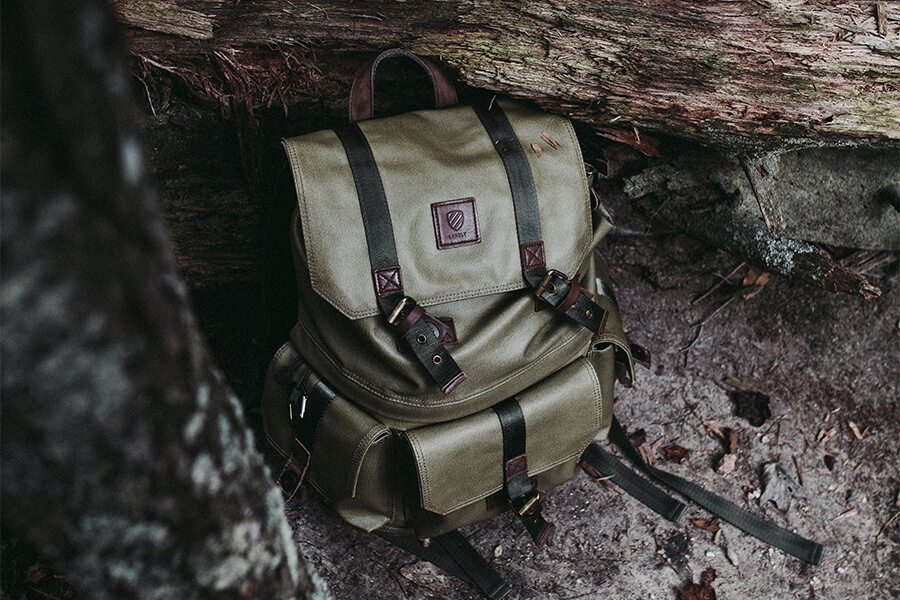Any outdoor adventurer’s toolkit must include a compass. Particularly when you are out in the wilderness and GPS signals are unreliable or weak, it aids with navigation and helps you maintain your bearings. Picking the best option can be challenging given the abundance of options. We’ll help you explore the various compasses available and what to look for when buying one in this guide.
Understanding the Basics of a Compass
We will examine the basic parts of a compass in this section, as well as how they interact to guide you in the right direction. A baseplate, a needle, a housing that rotates, and an arrow pointing in the desired direction make up a conventional compass. The compass’s flat baseplate is where it is mounted, and the needle points in the direction of magnetic north. The ring that rotates around the compass and is used to calculate angles or find directions is the revolving housing, sometimes referred to as the bezel. The direction of travel arrow is a tool that you can use to see where you are going. You’ll be better able to utilize a compass properly and navigate by being aware of its fundamental parts.
The Different Types of Compasses
Before picking a compass, it’s necessary to know what distinguishes the various types from one another. Magnetic compasses, GPS compasses, and prismatic compasses are the three most popular types of compasses. The conventional compasses that use a magnetized needle to detect magnetic north are called magnetic compasses. On the other hand, GPS compasses employ GPS technology to pinpoint your precise location and direction. Prismatic compasses, often called sighting compasses, employ a sighting mechanism to assist you in more precisely determining directions. You’ll be better able to select the appropriate compasse for your needs if you are aware of the various sorts that are available.
Features to Take into Account When Purchasing a Compass
With so many alternatives available, selecting the ideal compass can be challenging. We will go over the main factors to take into account when purchasing a compass in order to make the process easier. Accuracy, dependability, usability, and extra features like sighting mirrors and declination adjustment are a few of these. Accuracy is the degree to which a compass correctly identifies magnetic north. If you intend to use your compass for challenging outdoor experiences, durability is crucial. By contrast, simplicity of use, we mean how simple the compass is to operate. A compass can be more useful and assist you in determining directions more precisely if it has extra functions like sighting mirrors and declination adjustment. You may select the best compass for your needs by taking these important factors into account.
Tips for the Proper Use and Care of Your Compass
It’s crucial to use your compass correctly and take good care of it if you want it to last for many excursions. We’ll provide you advice on how to use your compass correctly, like calibrating it before each use and keeping it somewhere dry. We’ll also go over some fundamental upkeep techniques to maintain your compass functioning properly, such cleaning the needle and housing. You’ll be able to use your compass for many years to come by paying attention to these suggestions.
Compasses that are Recommended for Various Outdoor Activities
Regardless of whether you’re going hiking, camping, or orienteering, it’s critical to pick the best compass for your requirements. Based on the type of activity, the available money, and other pertinent considerations, we will advise the finest compasses. If you’re a frequent hiker, for instance, you might want a compass that is reliable and accurate, whereas if you’re a newbie, you might choose a compass that is simple to use. You can choose the ideal compass for your needs by taking into account the activity for which you’ll be utilizing it.
The appropriate compass for your needs can significantly improve your outdoor experience. Compasses are useful tools for all adventurers. You can be sure to pick the ideal compass for your next expedition by taking into account the kind of activity you will be using it for, the features that are vital to you, and the proper use and maintenance of your compass. So go ahead, take out your compass, and begin your exploration!







